Episode 80: Assessments with Steve Maisch
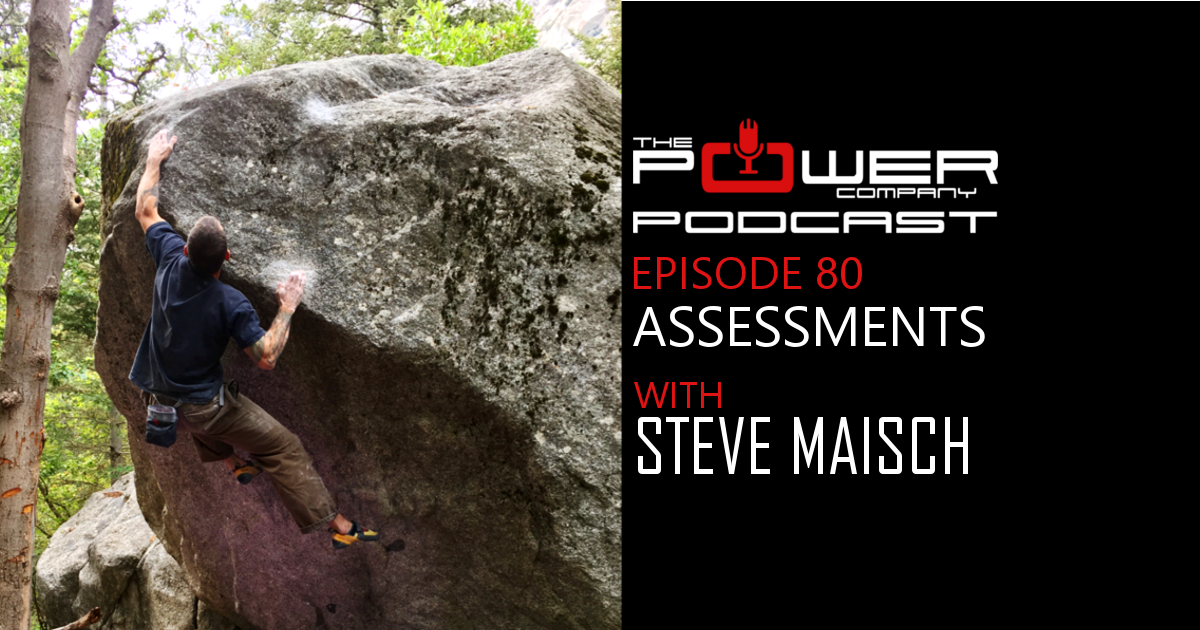
In this much requested episode I sit down with Salt Lake climber and coach Steve Maisch to discuss assessments. Steve had some of the first assessments I remember seeing online, and we go into how he's added, subtracted, and refined those. We talk a little about Steve's own assessments, and an important thing that he overlooked in his own training.
Many of us coaches are loosely collecting data for these assessments, but how important is it all, really? And are the standards anywhere near where they need to be? Stay tuned after the conversation for what comes dangerously close to a rant concerning the recent trend of measurements.
And if you haven't heard my first conversation (which actually was my second conversation... but the first released), GO DO IT!
Kris and Paul dig into a paper that presents and then tests a method for measuring movement skills in sport climbing.
If we want to assess our climbing movement skills over time, are the standardized boards the best option? We're conflicted…
How do we decide where to focus our efforts when it comes to becoming a BETTER climber – rather than just a stronger one?
As cool as assessments and standards are, they can easily leave people settling for “good enough” when they have the potential to do much more.
Climber performance metrics only tell a small part of a much more complex human story.
How to use data to inform training decisions had been a topic of debate amongst the Power Company coaches for years, until Data Analyst, Dale Wilson, stepped in to settle the score once and for all.
Examining a study that collected measurements from 55 women, what does the data say about today’s female climbers?
Paul and Kris discuss statistics and their significance with data analyst and fellow Power Company coach, Dale Wilson.
We gathered the data. Here’s what it says about how finger and pulling strength combine for climbing performance.
The best place to start when training is knowing what you need to train.
Using science to inform climbing training is becoming increasingly popular, and for good reason. Leading that charge is Dr. Tyler Nelson of Camp 4 Human Performance.
Salt Lake climber and coach Steve Maisch had some of the first assessments I remember seeing online, and we go into how he's added, subtracted, and refined those.
Kris and Alex discuss coaching vs. training, the evolution of training for climbing and the limits of human possibilty.
Nate talks movement analysis and technique in a consultation with host Ryan Devlin on The Struggle Climbing Show.
The former German National Team coach talks motor learning, coaching movement, and what makes Janja and Tomoa special.
If we want to assess our climbing movement skills over time, are the standardized boards the best option? We're conflicted…
How do we decide where to focus our efforts when it comes to becoming a BETTER climber – rather than just a stronger one?
A climber since 1994, Kris was a traddie for 12 years before he discovered the gymnastic movement inherent in sport climbing and bouldering. Through dedicated training and practice, he eventually built to ascents of 5.14 and V11.
Kris started Power Company Climbing in 2006 as a place to share training info with his friends, and still specializes in working with full time "regular" folks. He's always available for coaching sessions and training workshops.


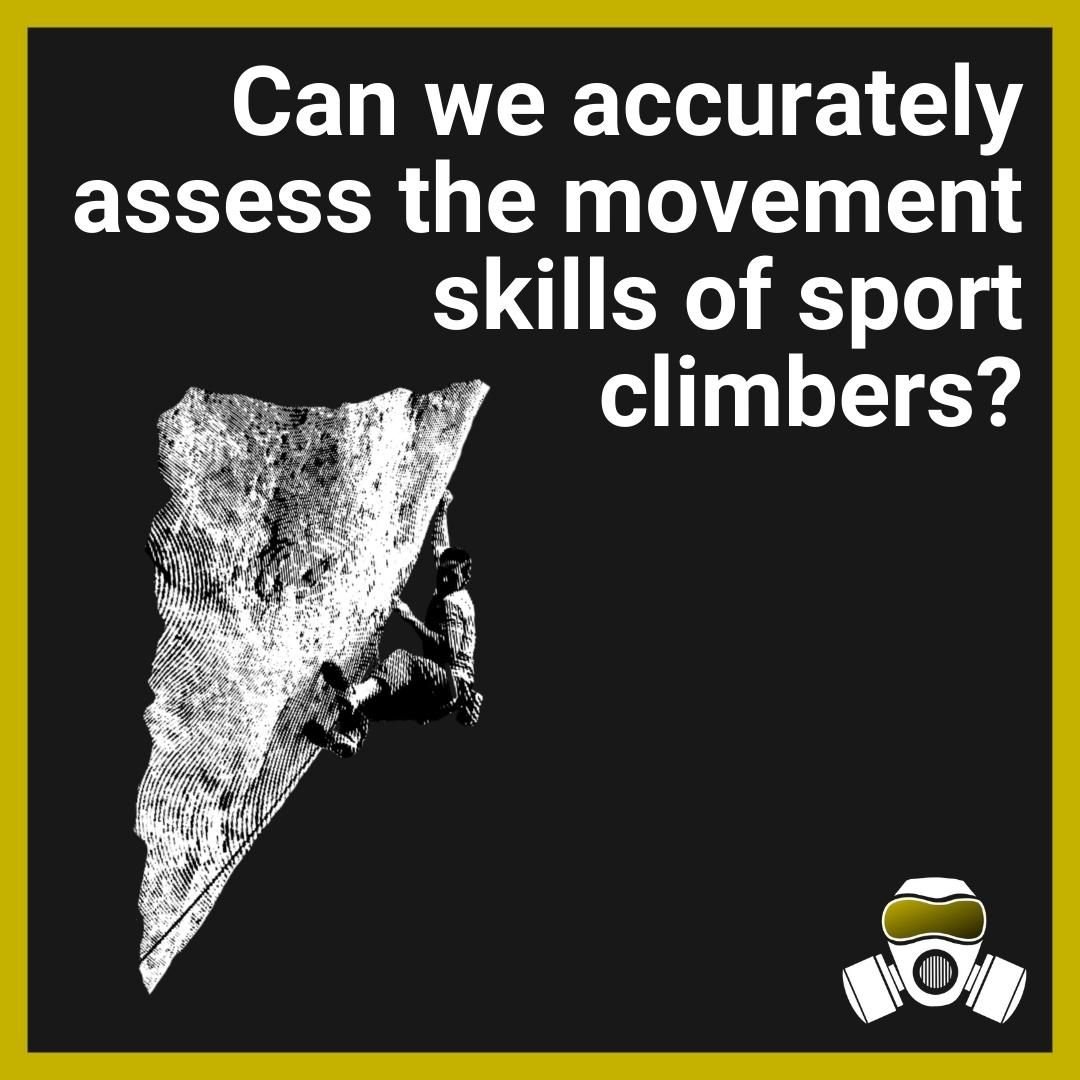
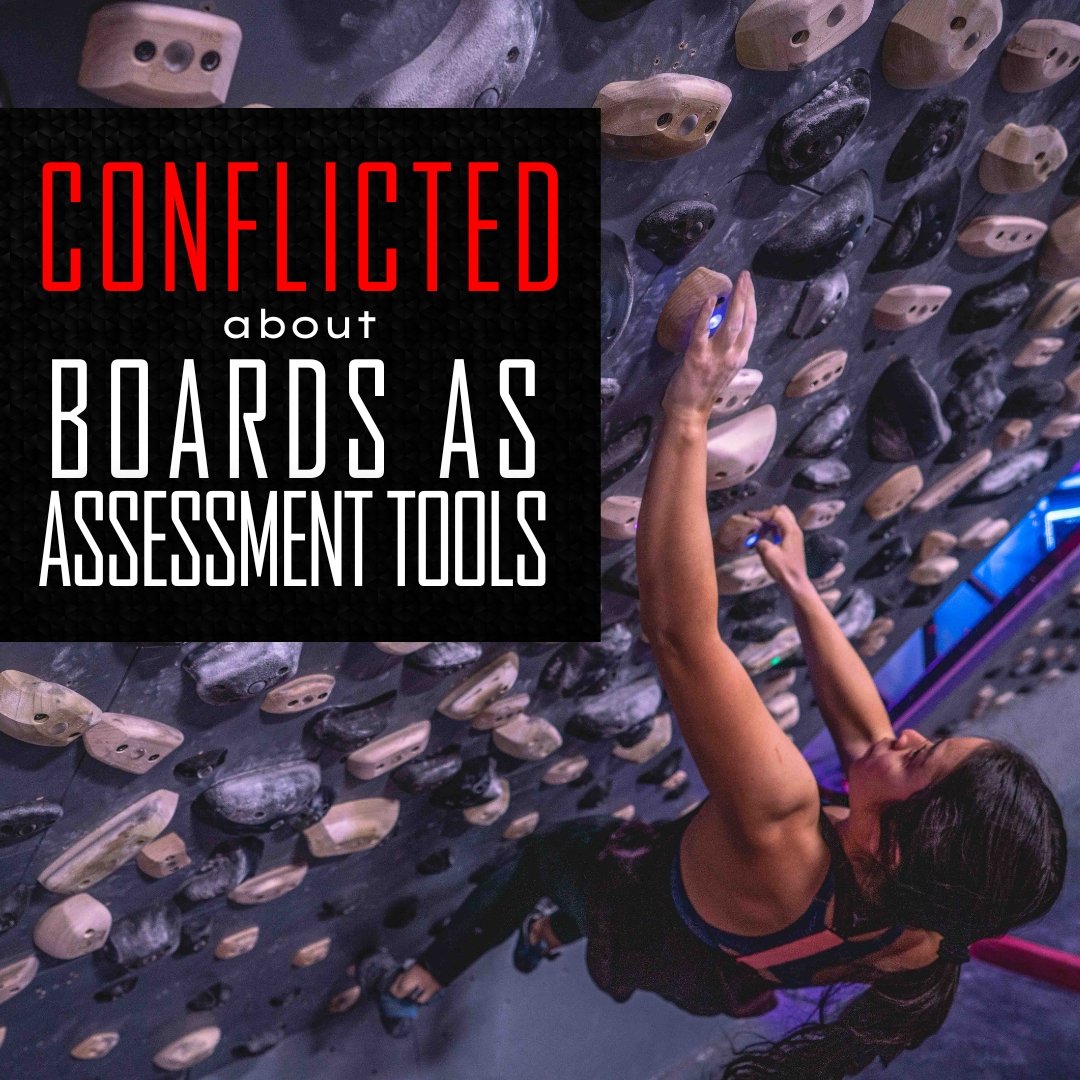
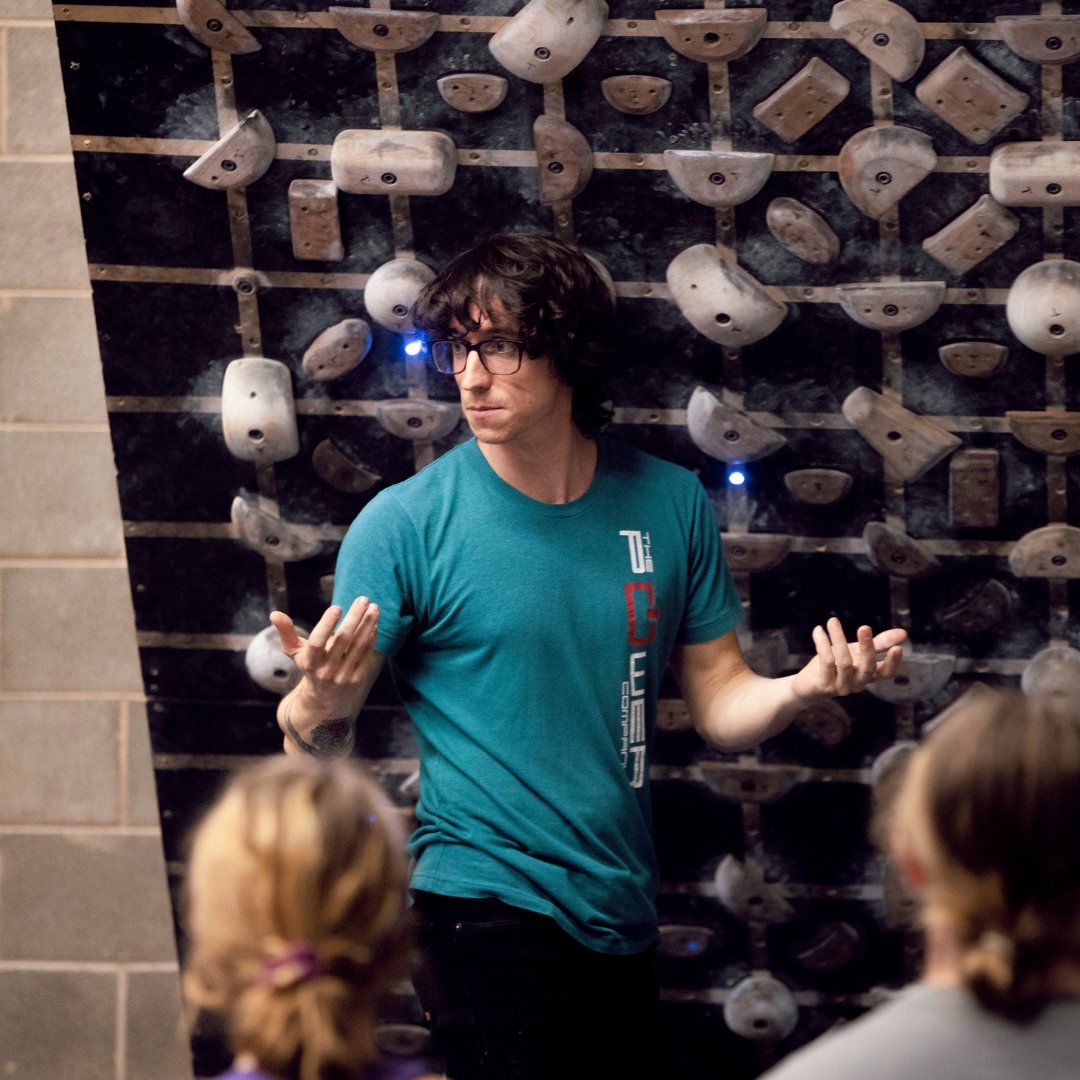

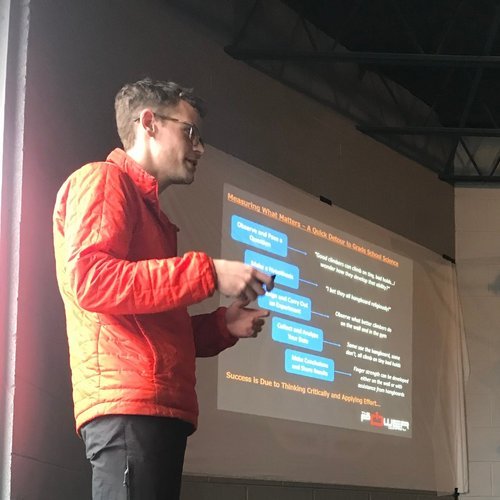


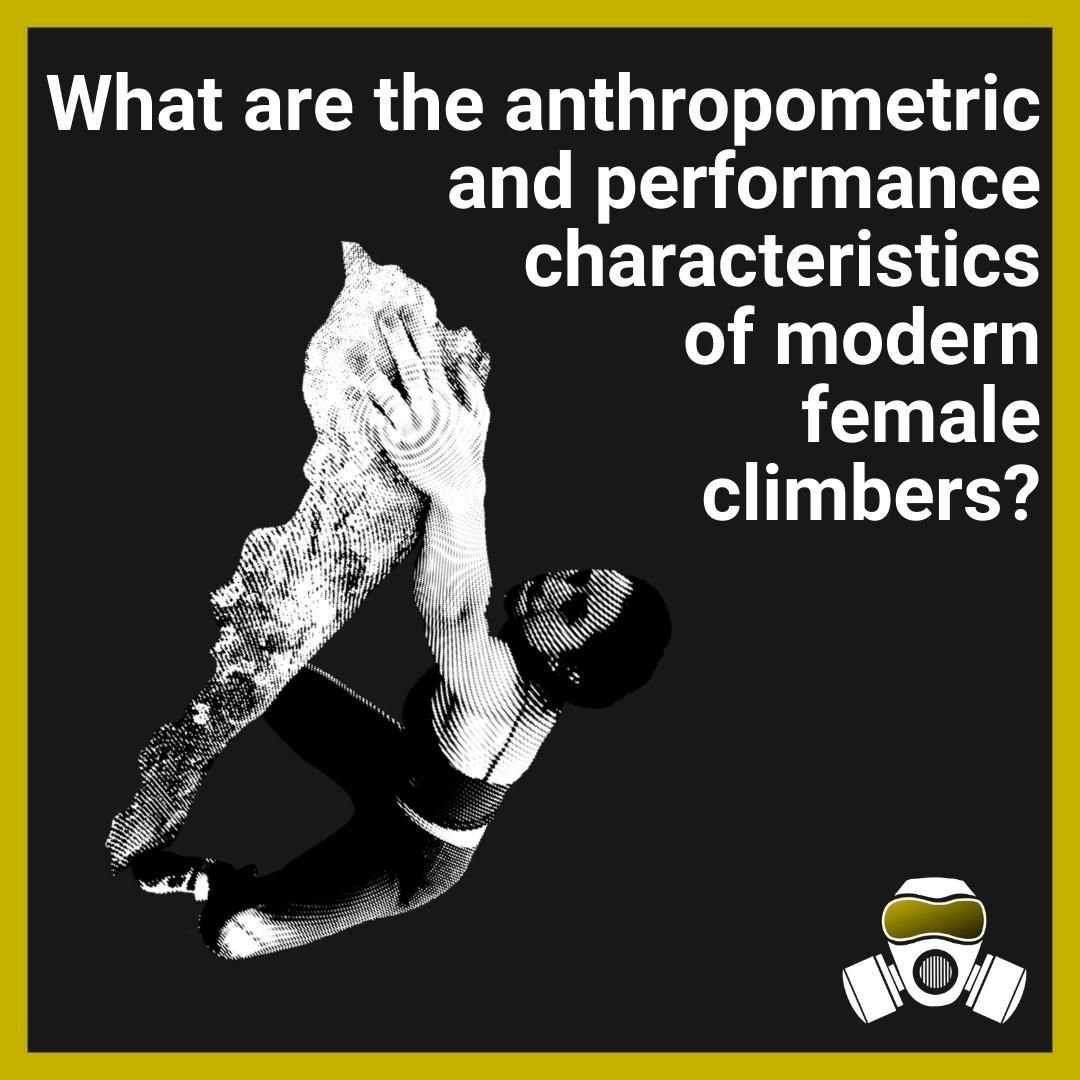







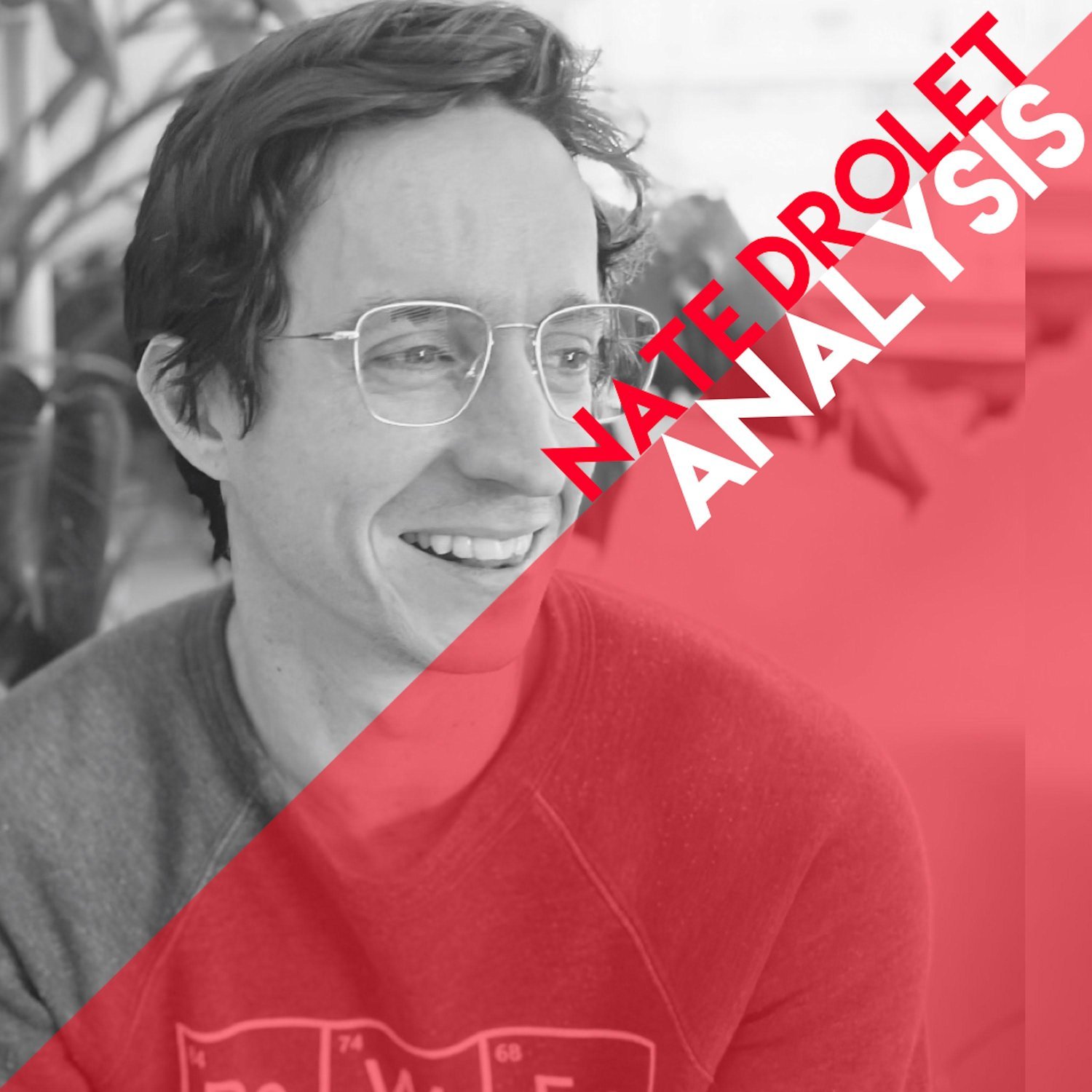
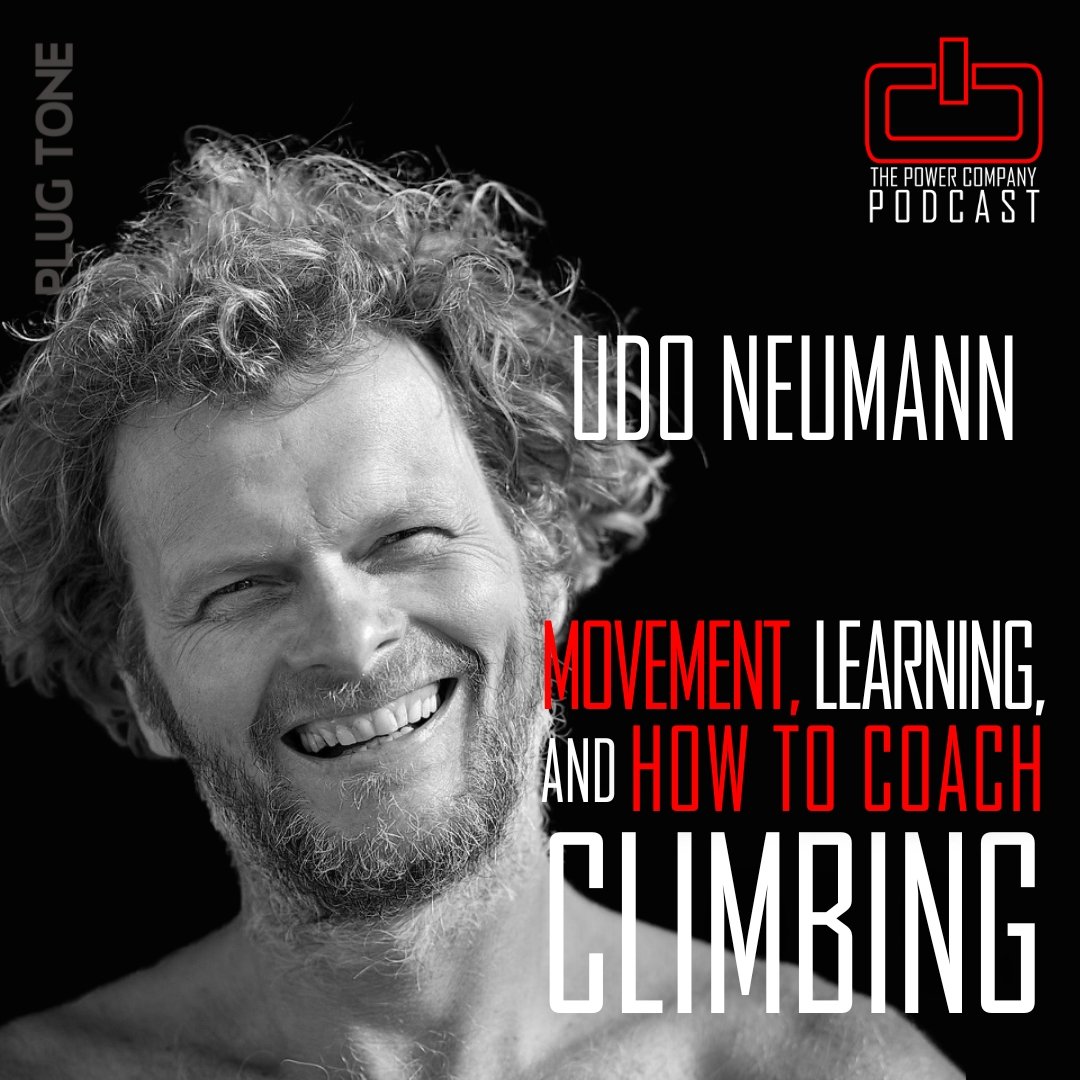
Improving movement skills is by far the most abstract part of becoming a better climber. And arguably the most important part.